Home>Gardening & Outdoor>Landscaping Ideas>How Long Does It Take To Grow Bermuda Grass From Seed
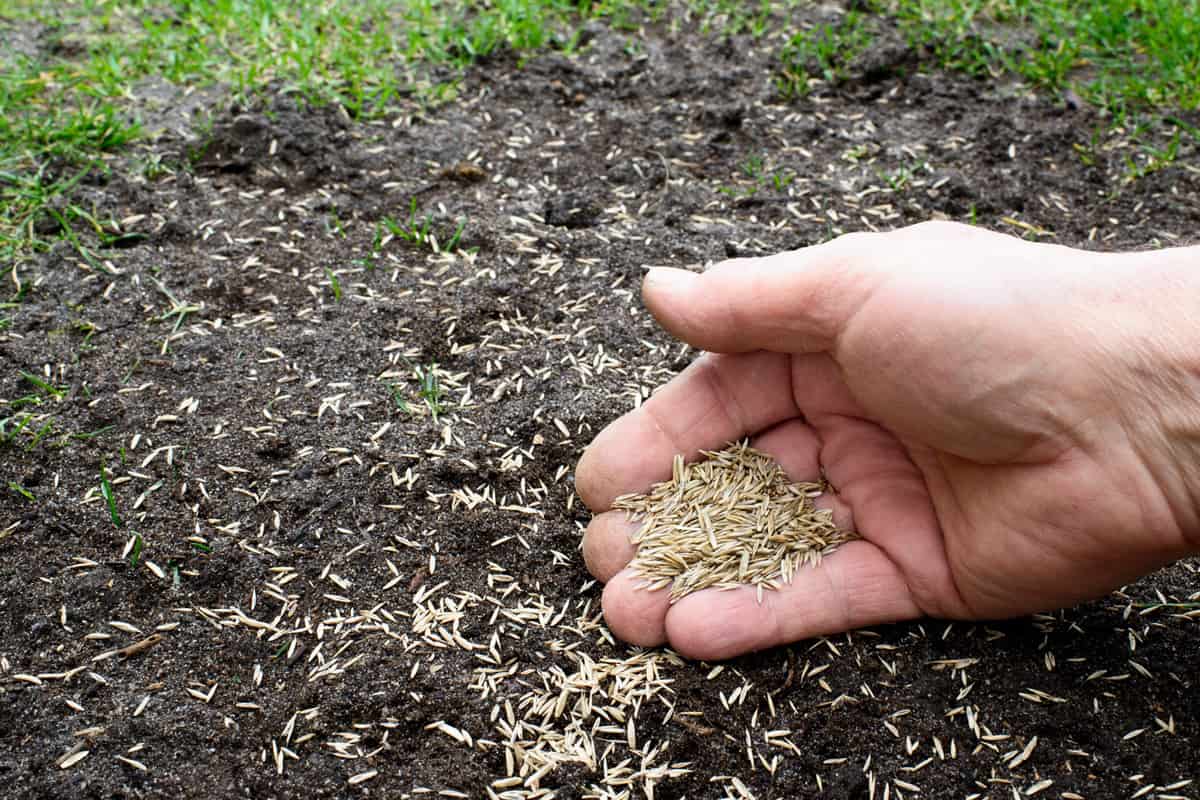

Landscaping Ideas
How Long Does It Take To Grow Bermuda Grass From Seed
Modified: March 26, 2024
Learn how long it takes to grow Bermuda grass from seed and get expert landscaping ideas to achieve a lush, green lawn. Discover the best practices for successful grass seed growth.
(Many of the links in this article redirect to a specific reviewed product. Your purchase of these products through affiliate links helps to generate commission for Storables.com, at no extra cost. Learn more)
Introduction
Bermuda grass is a popular choice for lawns, sports fields, and golf courses due to its resilience and lush appearance. When it comes to growing Bermuda grass from seed, many factors come into play, influencing the time it takes for the grass to reach maturity. Understanding these factors and the growth stages of Bermuda grass can help both homeowners and professional landscapers plan and manage their lawn establishment effectively.
In this comprehensive guide, we will delve into the various factors that affect Bermuda grass growth, including the germination period, establishment phase, and maturity period. By gaining insights into the intricacies of Bermuda grass growth, you can make informed decisions and take the necessary steps to ensure a vibrant and healthy lawn. Let's explore the journey of Bermuda grass from seed to lush, verdant carpet beneath your feet.
Key Takeaways:
- Bermuda grass takes 7 to 21 days to sprout from seed. Factors like soil temperature, moisture, and seed quality influence successful germination. Careful nurturing during this stage sets the foundation for a vibrant lawn.
- Bermuda grass reaches maturity in 1 to 2 growing seasons. Factors such as climate, soil quality, and maintenance practices impact the timeline. A mature lawn exhibits dense coverage, optimal health, and resilience to wear and tear.
Factors Affecting Bermuda Grass Growth
Several key factors influence the growth of Bermuda grass from seed to a mature, lush lawn. Understanding these factors is crucial for successfully nurturing Bermuda grass and achieving the desired results:
- Climate: Bermuda grass thrives in warm climates with plenty of sunlight. It is well-adapted to regions with hot summers and mild winters, making it an ideal choice for lawns in southern states. The climate plays a significant role in determining the growth rate and overall health of Bermuda grass.
- Soil Quality: The quality of the soil, including its pH level, nutrient content, and drainage, directly impacts Bermuda grass growth. Well-draining soil with a slightly acidic to neutral pH provides an optimal environment for the grass to establish strong roots and thrive.
- Watering and Irrigation: Adequate and consistent watering is essential during the germination and establishment phases of Bermuda grass growth. Proper irrigation practices, including deep, infrequent watering, promote healthy root development and overall resilience to environmental stressors.
- Fertilization: Providing the right balance of nutrients through fertilization is crucial for supporting Bermuda grass growth. Nitrogen, phosphorus, and potassium are essential elements that contribute to the grass’s overall health and vigor.
- Weed and Pest Control: Managing weeds and pests effectively is vital for preventing competition for resources and minimizing potential damage to the developing Bermuda grass. Implementing integrated pest management strategies can help maintain a healthy growing environment for the grass.
- Mowing and Maintenance: Proper mowing practices, including the appropriate mowing height and frequency, contribute to the overall health and density of Bermuda grass. Regular maintenance, such as dethatching and aerating, supports vigorous growth and a uniform appearance.
By considering and addressing these factors, you can create an optimal environment for Bermuda grass to thrive and reach its full potential. Each factor plays a crucial role in shaping the growth and overall health of your Bermuda grass lawn.
Germination Period
The germination period marks the beginning of Bermuda grass’s journey from seed to a lush, vibrant lawn. This critical stage sets the foundation for the grass’s growth and development. Several factors influence the germination process, ultimately impacting the time it takes for Bermuda grass seeds to sprout and establish a visible presence:
- Soil Temperature: Optimal soil temperature is crucial for Bermuda grass seed germination. Typically, Bermuda grass seeds require soil temperatures consistently above 65°F (18°C) to initiate germination. Warmer soil temperatures can expedite the germination process, leading to quicker establishment.
- Moisture: Adequate moisture is essential for triggering seed germination. Consistent watering, typically through light and frequent irrigation, helps keep the soil moist and facilitates the germination of Bermuda grass seeds. However, excessive moisture can lead to issues such as seed rot, emphasizing the importance of balanced watering practices.
- Seed Quality: The quality and viability of Bermuda grass seeds significantly impact germination success. Fresh, high-quality seeds with good genetic potential are more likely to germinate within the expected timeframe, contributing to a uniform and robust stand of grass.
- Light Exposure: While some seeds require light for germination, Bermuda grass seeds generally do not depend on light exposure to initiate the germination process. However, ensuring that the seeds are not buried too deeply in the soil can promote successful germination and emergence.
On average, Bermuda grass seeds typically germinate within 7 to 21 days under optimal conditions. However, variations in environmental factors, such as temperature and moisture levels, can influence the germination period. It’s important to monitor these conditions closely and provide the necessary care to support the successful emergence of Bermuda grass seedlings.
During the germination period, it’s essential to avoid disturbances that could disrupt the delicate young seedlings. Minimizing foot traffic and mechanical stress on the germinating seeds allows them to establish strong roots and develop into healthy grass plants.
By understanding the factors influencing the germination period, you can take proactive steps to create an environment conducive to successful Bermuda grass seed germination, setting the stage for a thriving lawn in the making.
Bermuda grass seed typically takes 7-21 days to germinate, but full establishment can take 8-10 weeks. Keep the soil consistently moist for best results.
Establishment Phase
Once Bermuda grass seeds have germinated and the seedlings have emerged, the establishment phase begins, marking the transition from sprouting seeds to actively growing grass plants. This phase is characterized by significant growth and development as the young grass plants strive to establish a dense and uniform turf. Several key aspects define the establishment phase of Bermuda grass:
- Root Development: During the establishment phase, Bermuda grass focuses on developing a robust root system. Strong and deep roots are essential for anchoring the grass plants, providing access to water and nutrients, and enhancing overall resilience to environmental stressors.
- Leaf and Stem Growth: As the seedlings mature, they undergo rapid leaf and stem growth, gradually filling in the bare areas and creating a denser turf. Proper nutrition, adequate moisture, and optimal growing conditions support vigorous above-ground growth during this phase.
- Thickening and Spread: Bermuda grass spreads through both above-ground stolons and below-ground rhizomes, contributing to its characteristic dense and spreading growth habit. Encouraging lateral growth and thickening of the turf helps achieve a lush and uniform lawn surface.
- Environmental Considerations: Monitoring and managing environmental factors, such as watering, fertilization, and mowing, play a crucial role in supporting the establishment of Bermuda grass. Providing consistent moisture, balanced nutrition, and appropriate maintenance practices fosters healthy growth and development.
Typically, the establishment phase of Bermuda grass spans several weeks to months, depending on various factors such as climate, soil conditions, and maintenance practices. During this phase, it’s important to provide attentive care to the developing grass, ensuring that it receives the necessary resources for robust growth and vitality.
Implementing a well-designed maintenance regimen, including regular watering, appropriate fertilization, and strategic mowing, supports the establishment of a resilient and visually appealing Bermuda grass lawn. By nurturing the grass plants through the establishment phase, you set the stage for a thriving and enduring lawn that enhances the beauty of its surroundings.
Maturity Period
The maturity period represents the culmination of Bermuda grass’s growth journey, signaling the attainment of a lush, vibrant, and well-established lawn. As the grass plants progress through the establishment phase and beyond, they gradually reach maturity, characterized by several defining features and milestones:
- Dense Turf Coverage: A mature Bermuda grass lawn exhibits a dense and uniform turf coverage, with the individual grass plants interlocking to create a lush and resilient carpet of greenery. The thorough thickening and spreading of the grass contribute to a visually appealing and enduring lawn surface.
- Optimal Health and Vigor: Mature Bermuda grass displays robust health and vigor, showcasing vibrant green coloration, strong growth, and overall resilience to environmental stressors. The grass plants demonstrate a high level of adaptability and endurance, contributing to the lawn’s long-term sustainability.
- Established Root System: By the time Bermuda grass reaches maturity, its root system has developed into a well-established network, providing stability, efficient water uptake, and nutrient acquisition. The deep and extensive roots contribute to the grass’s overall health and ability to withstand challenging conditions.
- Resilience to Wear and Tear: A mature Bermuda grass lawn exhibits resilience to foot traffic, recreational activities, and other forms of use. The dense turf and strong, interwoven grass plants can withstand moderate wear and quickly recover from minor disturbances, maintaining the lawn’s aesthetic appeal.
The time it takes for Bermuda grass to reach maturity varies based on factors such as climate, soil quality, maintenance practices, and the specific variety of Bermuda grass being cultivated. Generally, under favorable conditions and attentive care, Bermuda grass can achieve maturity within one to two growing seasons, with some varieties establishing more rapidly than others.
As the Bermuda grass lawn matures, it becomes a testament to effective lawn management, proper care, and a harmonious relationship with the surrounding environment. Maintaining the lawn’s maturity involves ongoing attention to watering, fertilization, mowing, and pest management, ensuring that the grass continues to thrive and enhance its surroundings for years to come.
By understanding the characteristics and milestones of the maturity period, you can appreciate the transformation of Bermuda grass from humble seeds to a flourishing, enduring lawn, enriching outdoor spaces with its natural beauty and resilience.
Conclusion
Embarking on the journey of growing Bermuda grass from seed is a rewarding endeavor that yields a vibrant and resilient lawn, enhancing outdoor spaces with its lush greenery. Throughout the germination period, establishment phase, and maturity period, Bermuda grass undergoes a remarkable transformation, influenced by a myriad of factors and careful nurturing. By understanding the intricacies of Bermuda grass growth, you can effectively guide the grass through its developmental stages, fostering a healthy and visually appealing lawn.
Factors such as climate, soil quality, watering practices, fertilization, and maintenance all play pivotal roles in shaping the growth and overall health of Bermuda grass. By considering and addressing these factors, you create an optimal environment for Bermuda grass to thrive and reach its full potential.
The germination period sets the stage for Bermuda grass’s growth, with soil temperature, moisture, and seed quality influencing the successful emergence of seedlings. The subsequent establishment phase focuses on root development, thickening of the turf, and overall growth, requiring attentive care and strategic maintenance practices to support the grass’s progress. Finally, as Bermuda grass reaches maturity, it exhibits a dense turf coverage, optimal health and vigor, an established root system, and resilience to wear and tear, embodying the rewards of dedicated lawn management.
Throughout the entire growth process, from seed to maturity, your role as a caretaker and steward of the lawn is crucial. By providing consistent care, implementing best practices, and adapting to the evolving needs of the grass, you can cultivate a thriving Bermuda grass lawn that enriches its surroundings and provides a welcoming outdoor environment.
As you witness the transformation of Bermuda grass from humble seeds to a flourishing, enduring lawn, you become part of a timeless cycle of growth and renewal, fostering natural beauty and vitality in your outdoor spaces. Embracing the journey of Bermuda grass growth is not only about cultivating a lawn—it’s about nurturing a living, breathing landscape that brings joy and tranquility to those who experience its splendor.
With a deeper understanding of Bermuda grass growth and a commitment to attentive care, you can create a captivating outdoor oasis, where the lush, resilient beauty of Bermuda grass thrives and flourishes for years to come.
Frequently Asked Questions about How Long Does It Take To Grow Bermuda Grass From Seed
Was this page helpful?
At Storables.com, we guarantee accurate and reliable information. Our content, validated by Expert Board Contributors, is crafted following stringent Editorial Policies. We're committed to providing you with well-researched, expert-backed insights for all your informational needs.
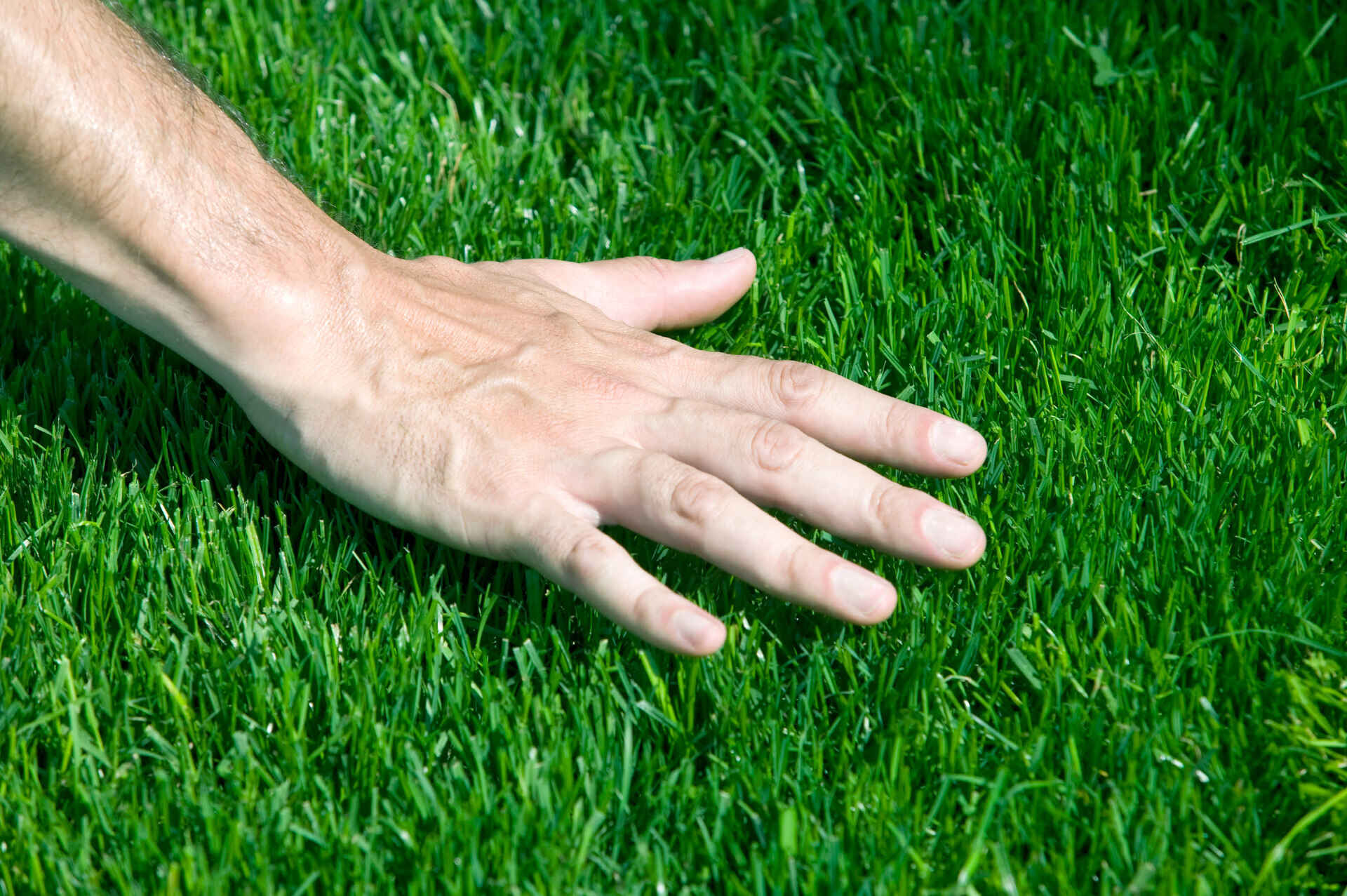
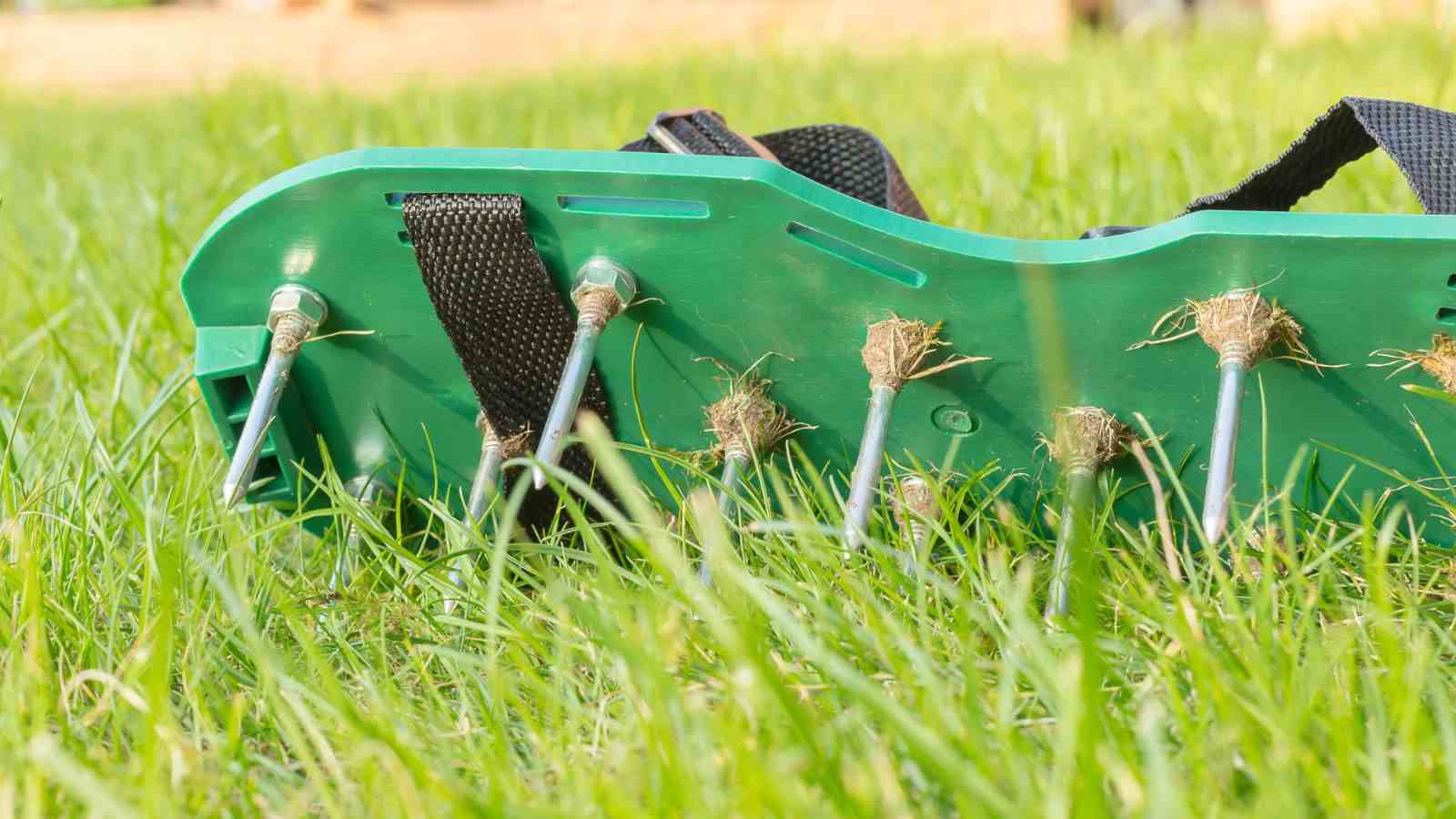
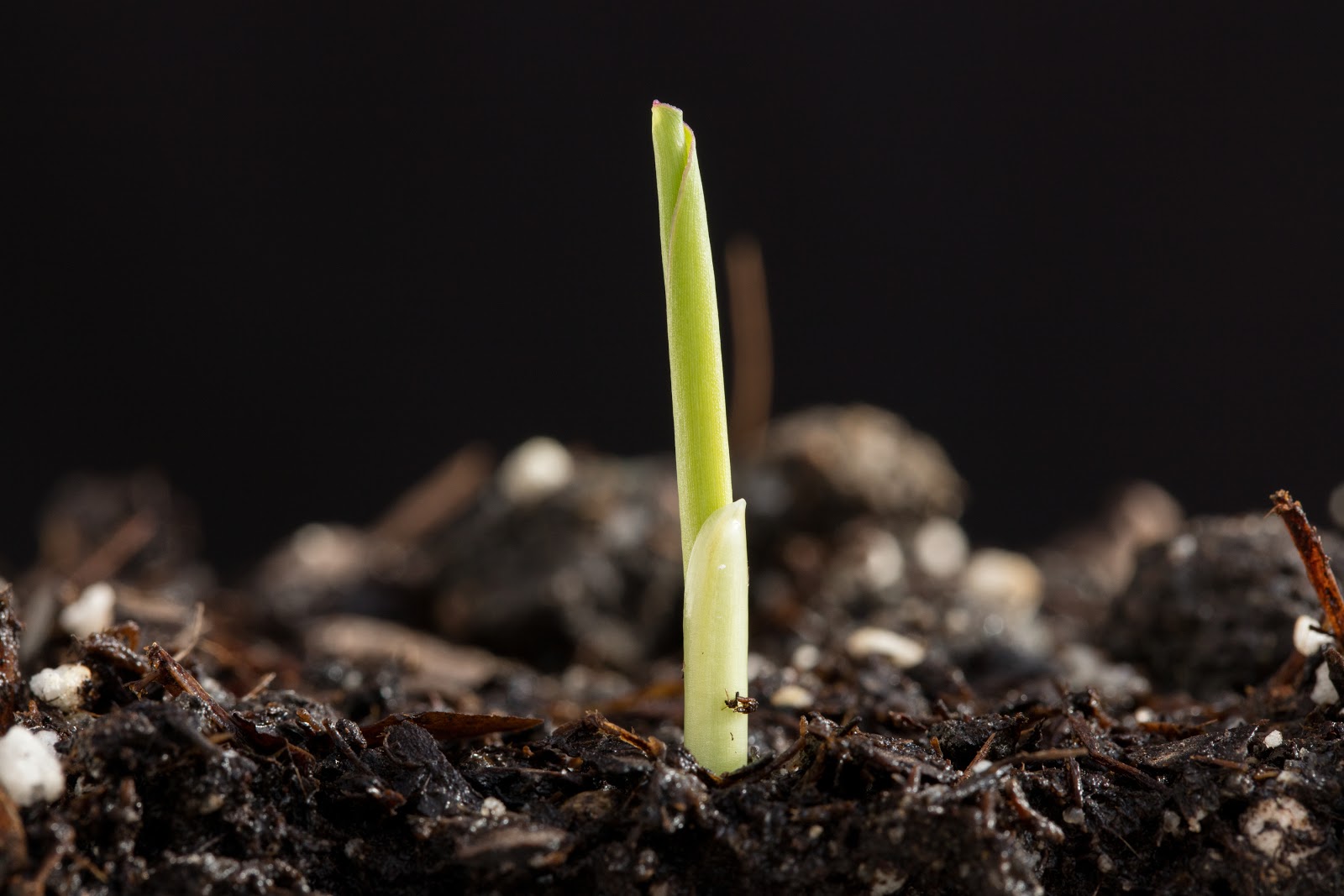
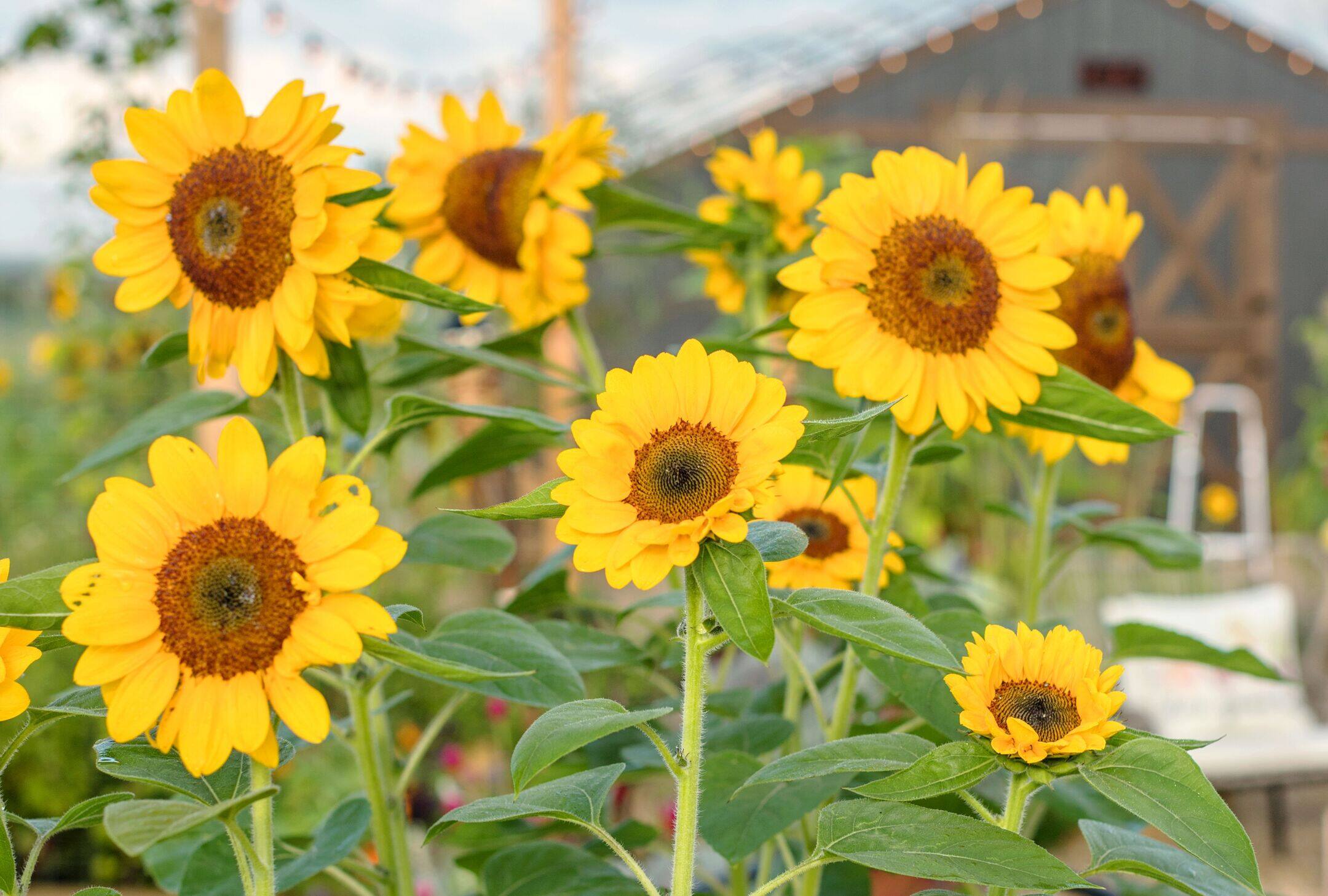
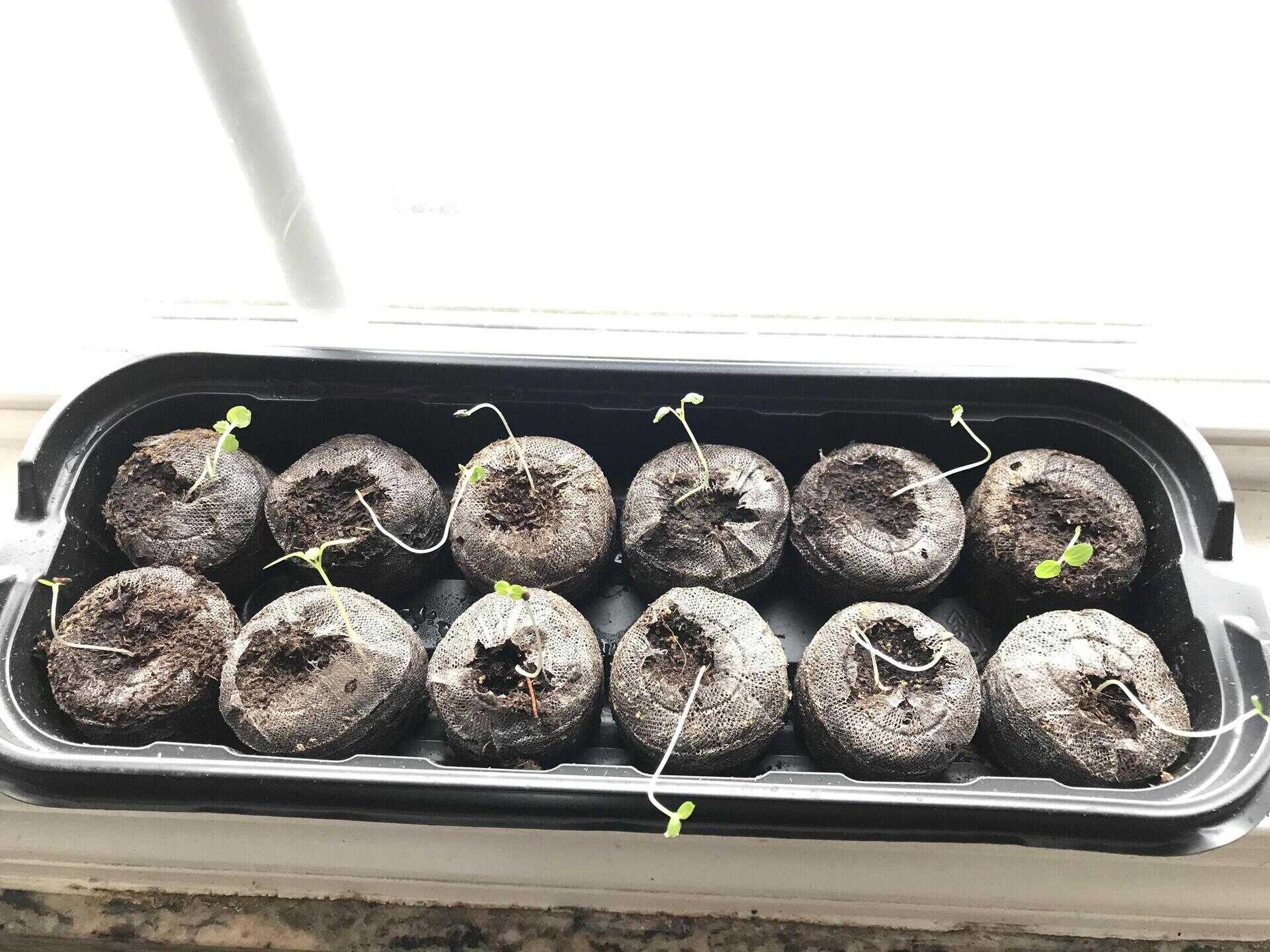
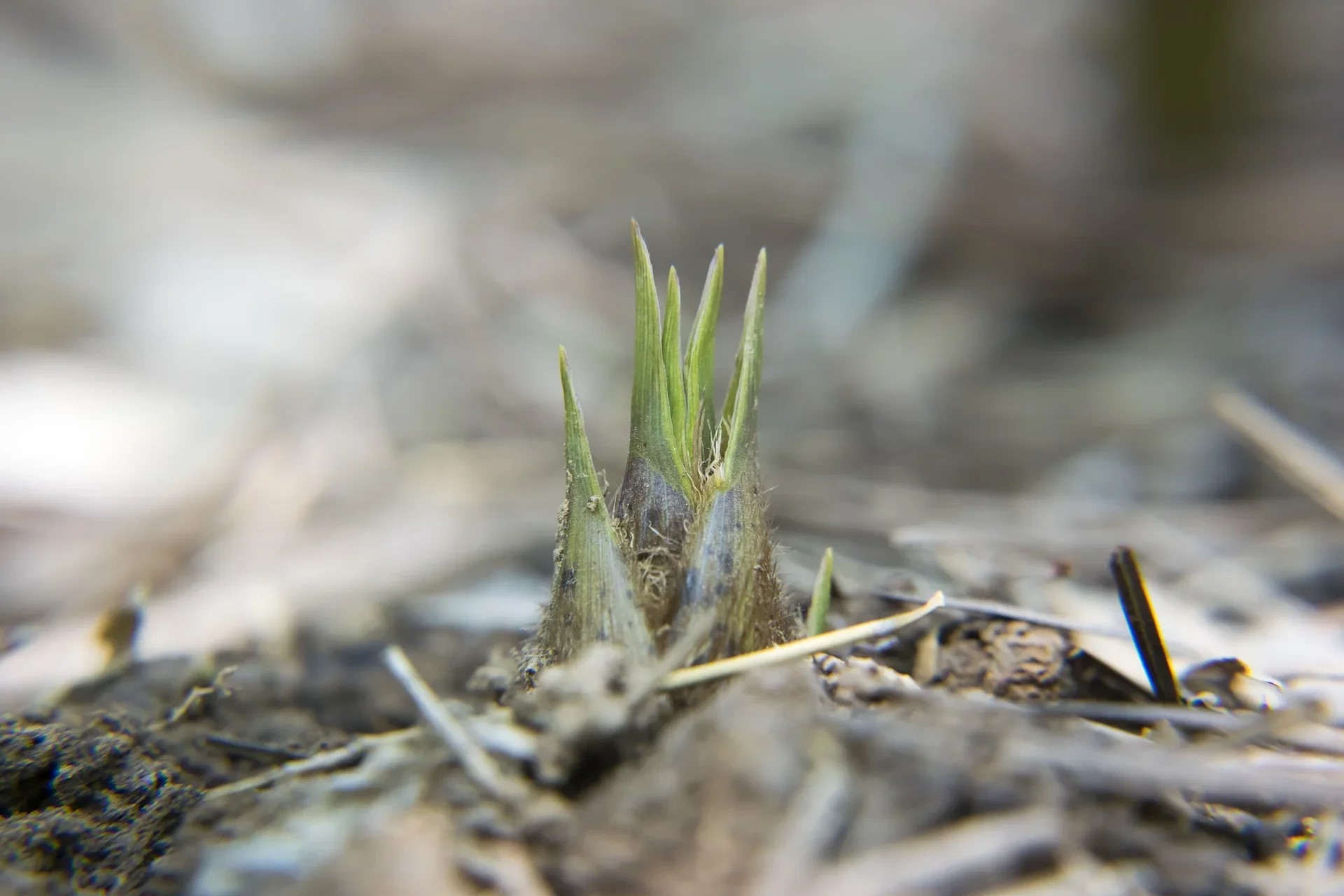
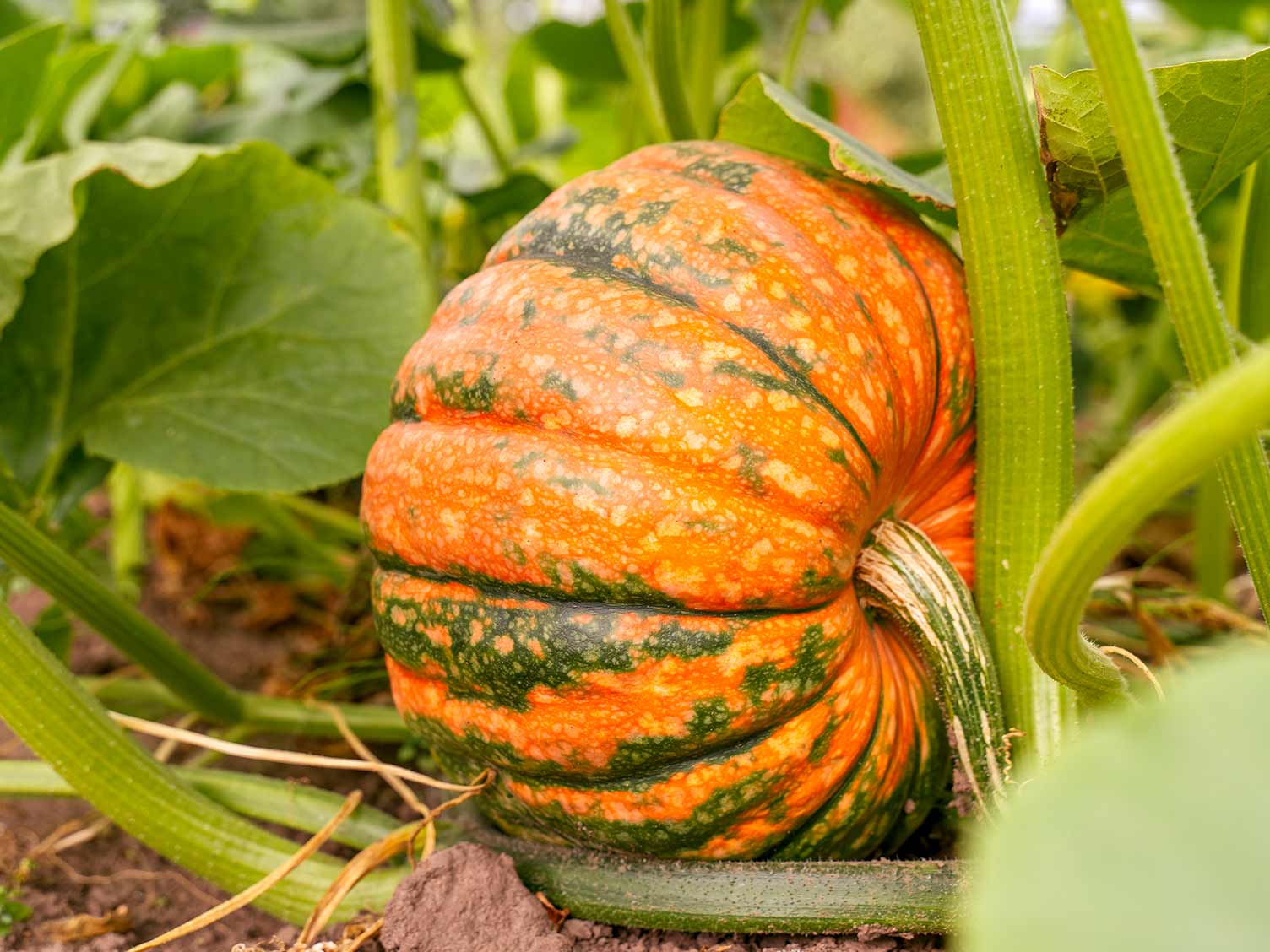
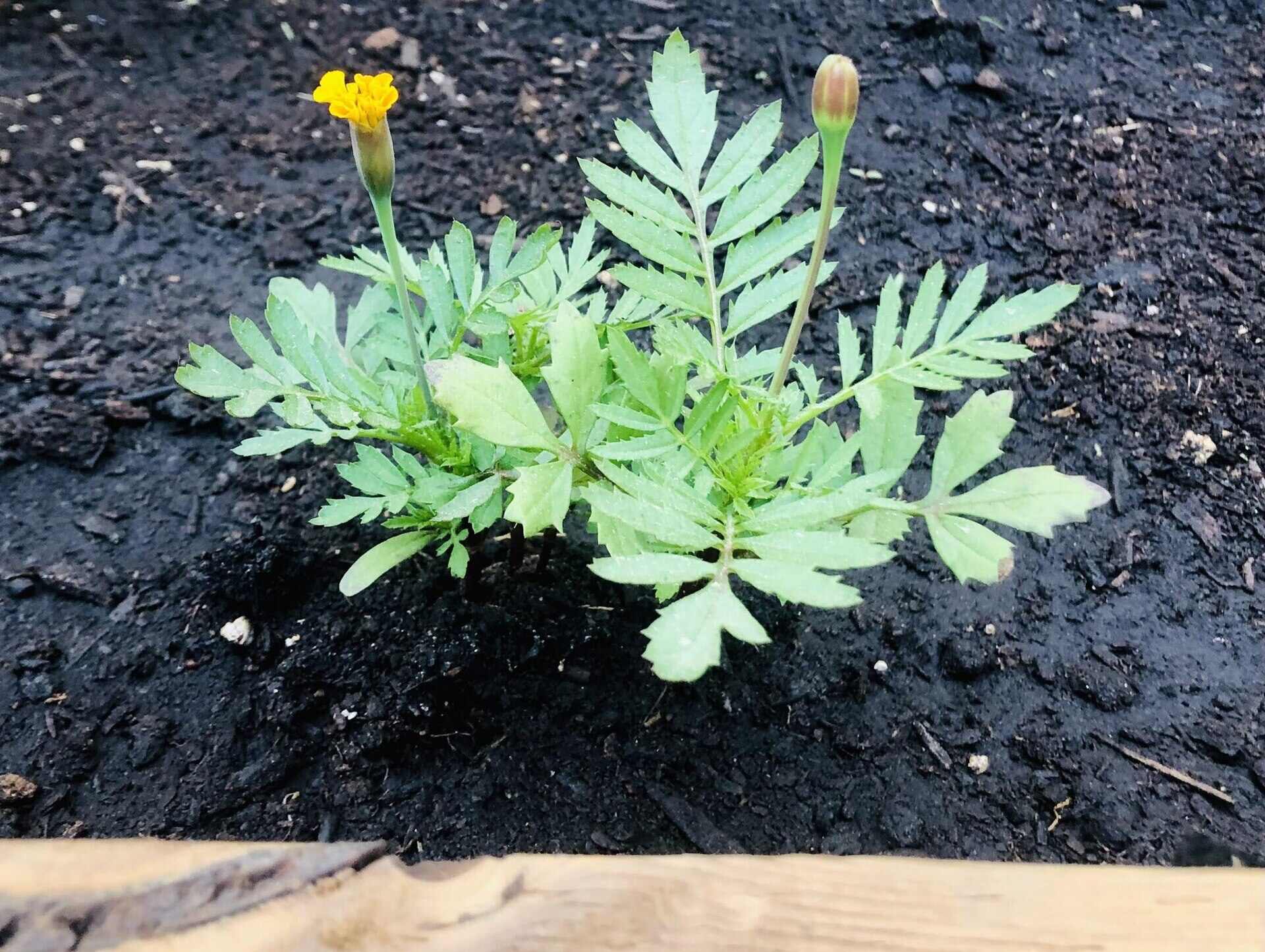
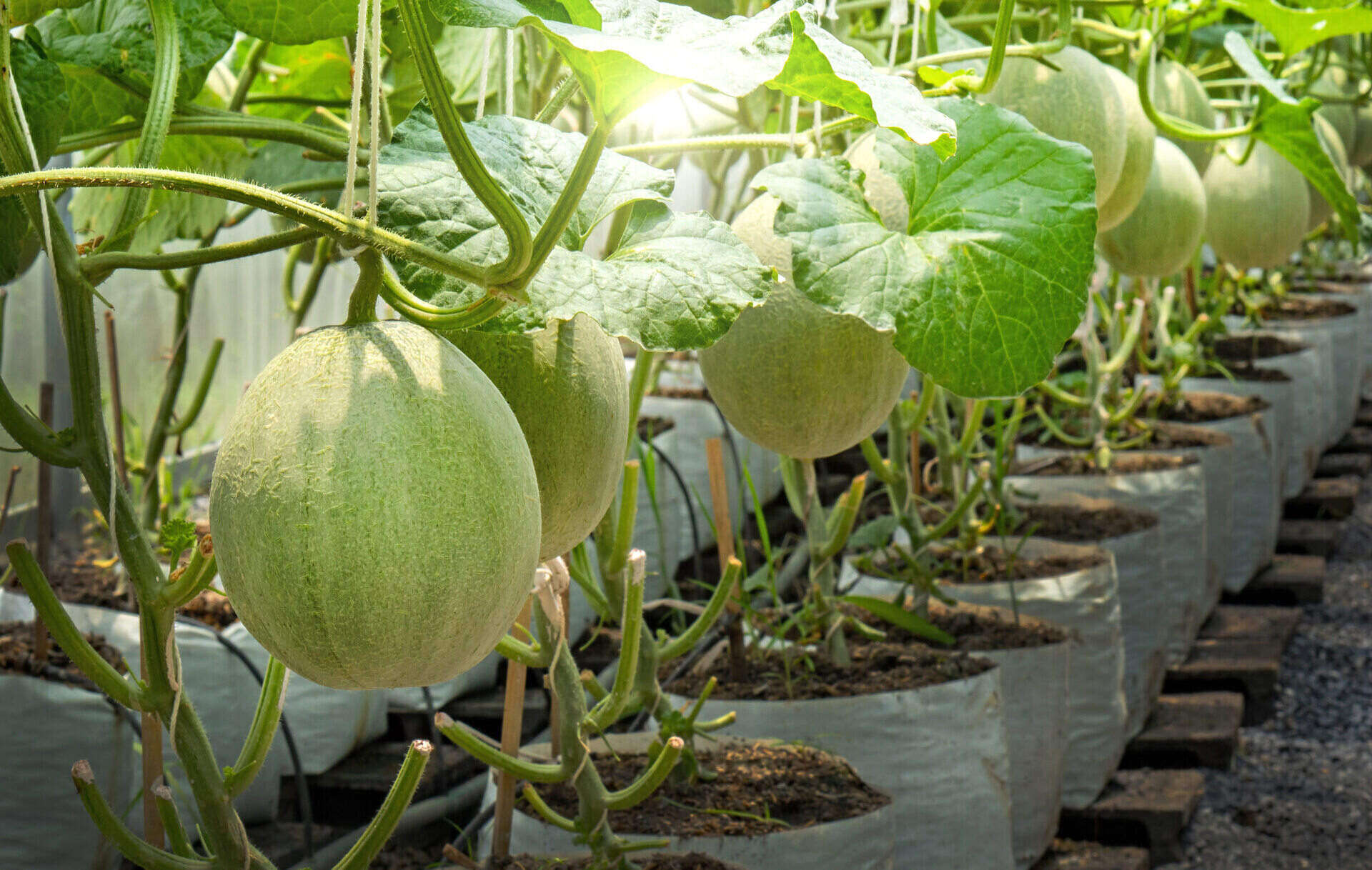
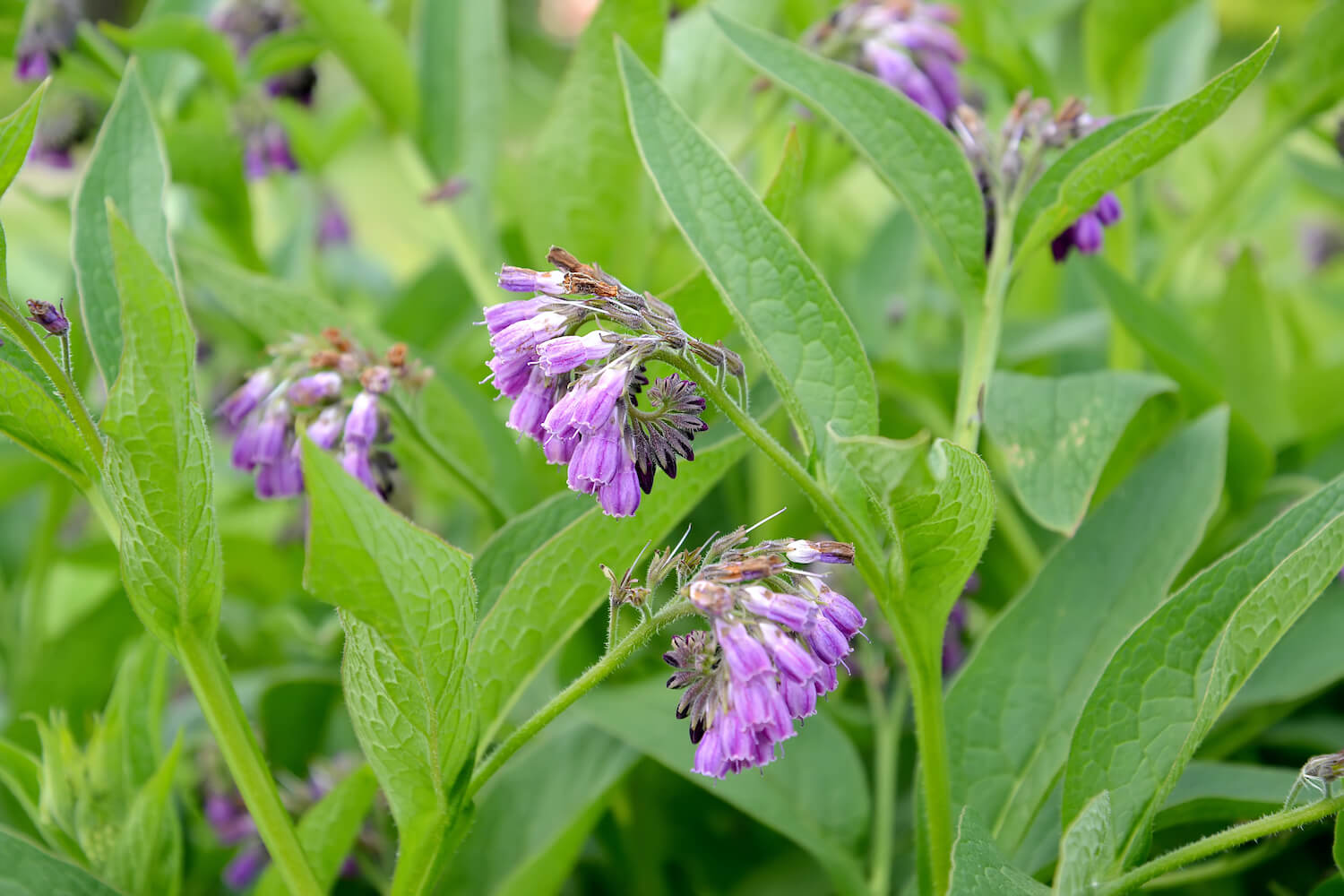
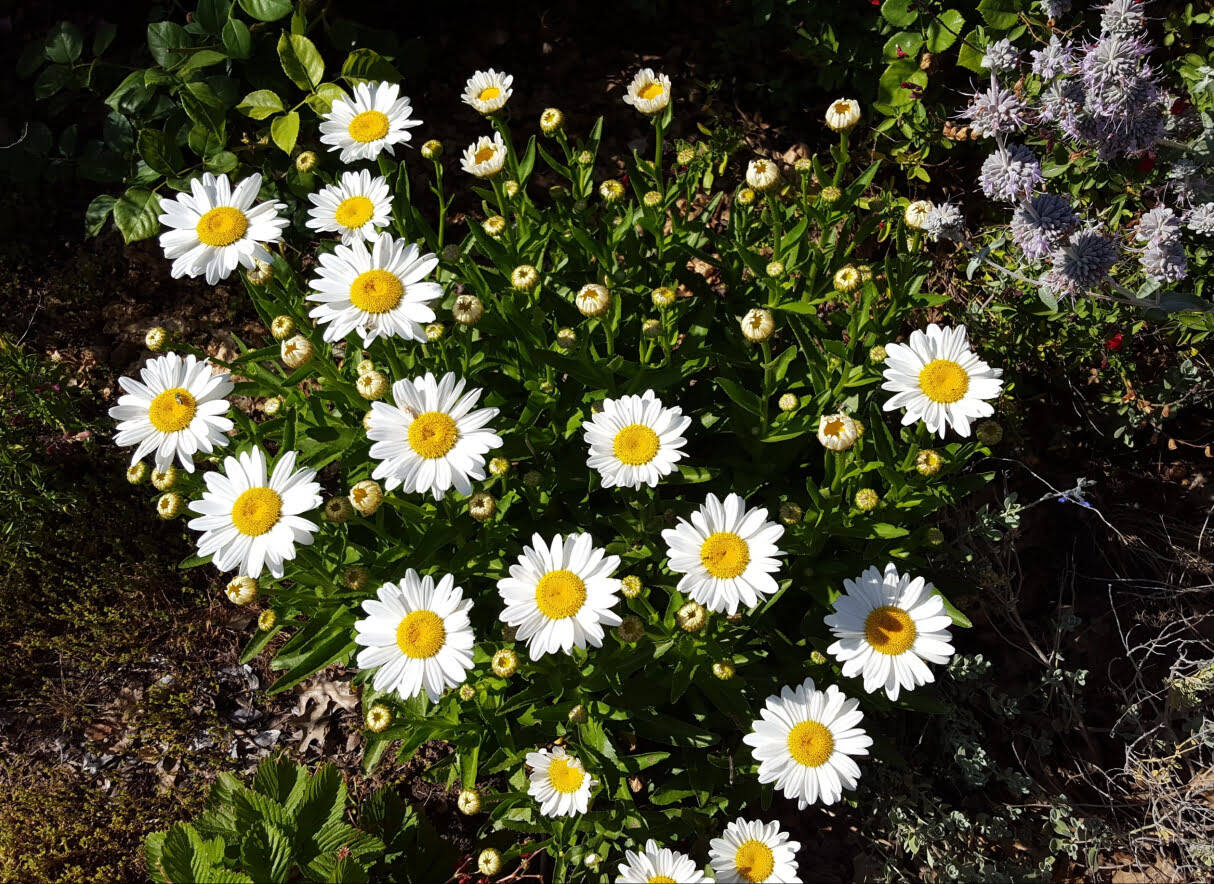

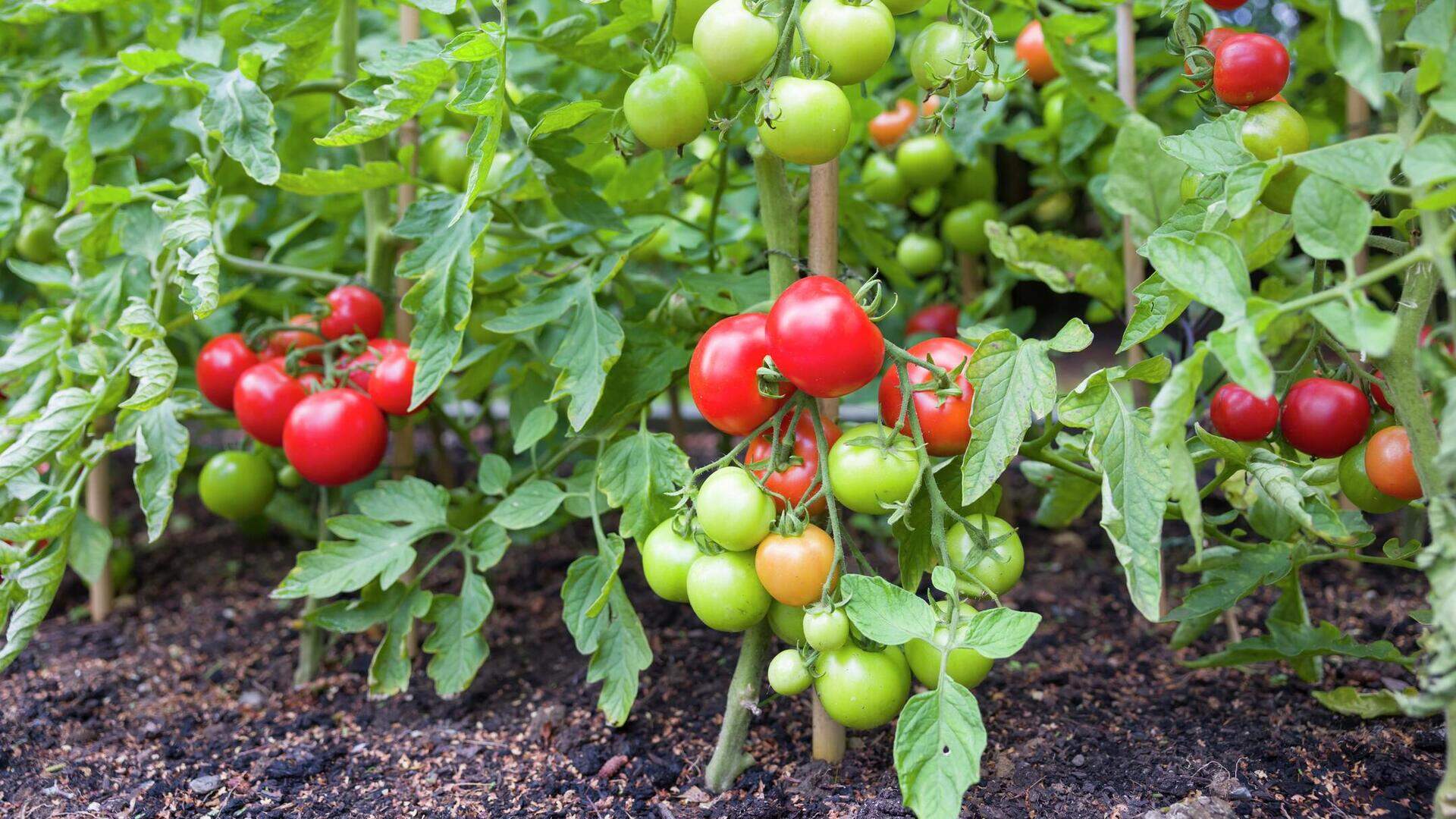
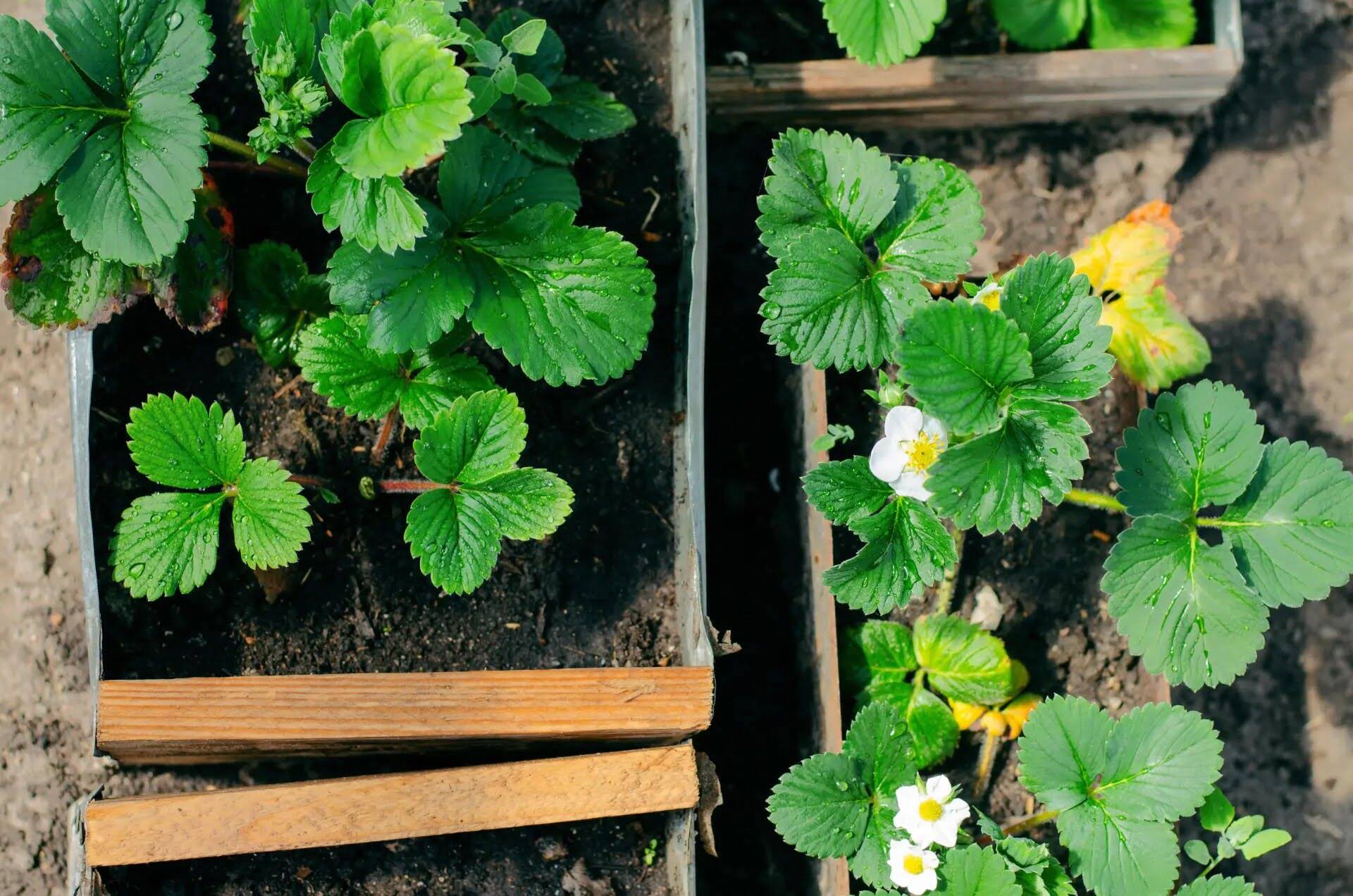

0 thoughts on “How Long Does It Take To Grow Bermuda Grass From Seed”